 Dear Steve Reed, in just a week’s time you may be in your second day in your new job as Secretary of State for Environment, Food and Rural Affairs. I hope so. As a Labour member I’ve been delivering leaflets for Lee Barron in Raunds, a small, ex-boot-and-shoe town in Northants, and in the Corby and East Northants constituency. Before Gen Kitchen won the recent Wellingborough byelection earlier this year, all seven Northants seats were Conservative – there is now rather over-optimistic talk that all seven might go Labour. We won’t have to wait long to find out.
Dear Steve Reed, in just a week’s time you may be in your second day in your new job as Secretary of State for Environment, Food and Rural Affairs. I hope so. As a Labour member I’ve been delivering leaflets for Lee Barron in Raunds, a small, ex-boot-and-shoe town in Northants, and in the Corby and East Northants constituency. Before Gen Kitchen won the recent Wellingborough byelection earlier this year, all seven Northants seats were Conservative – there is now rather over-optimistic talk that all seven might go Labour. We won’t have to wait long to find out.
I didn’t see you on the Restore Nature Now march on Saturday, but then I could have missed you in the very large crowd. How large was the crowd? I don’t know, but some say 100,000. Personally, I doubt it but it was a march to be proud of and to enjoy, and of which any politician should take some notice. I’ve included some photos so that you can feel that you were there in spirit.
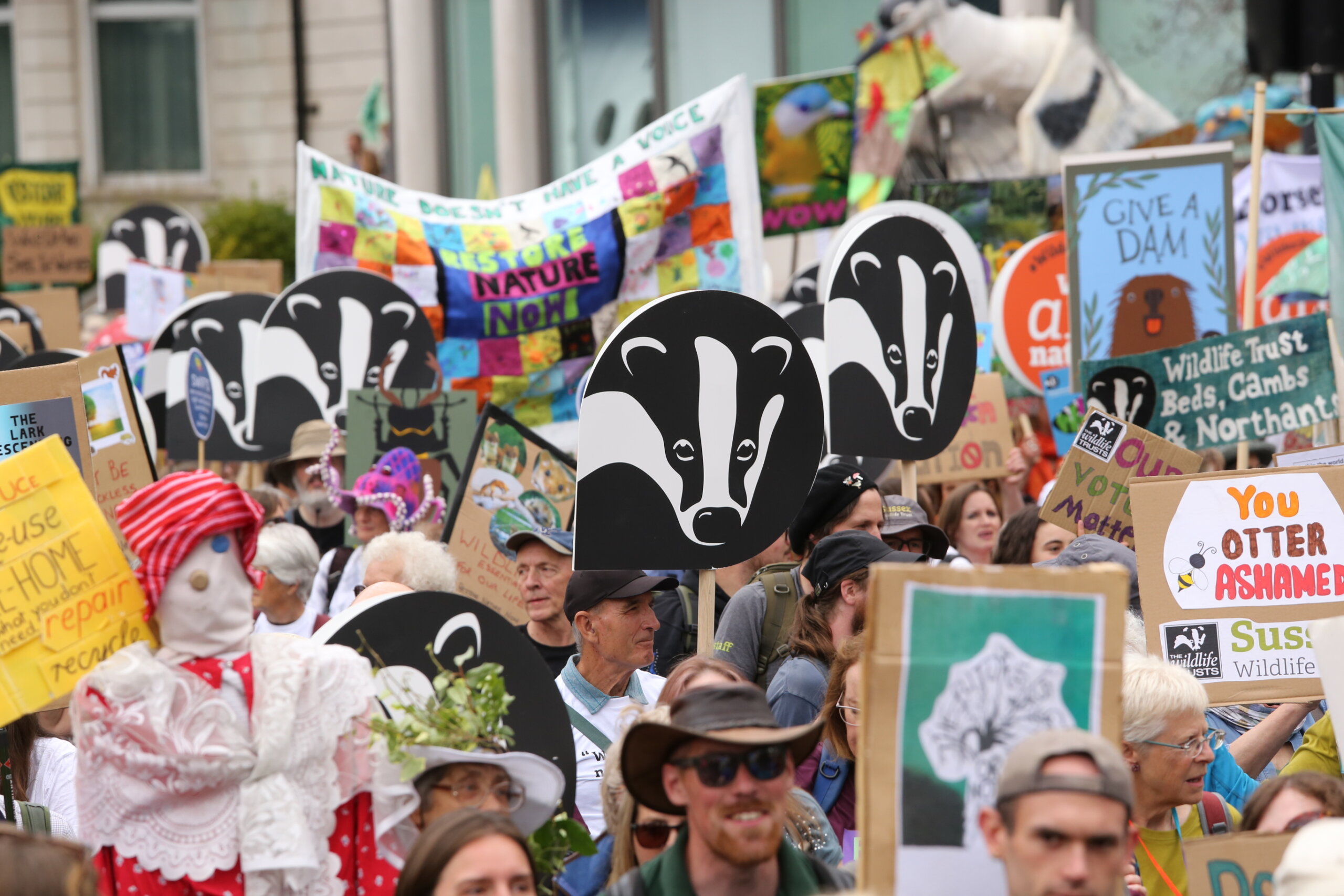
Was the Labour Party there in spirit? Not really if one reads our manifesto. It looks as though Ed Miliband won a battle to get climate change into the manifesto but only on condition that it was framed as an opportunity to make money, not as a threat. But it also looks, pardon me for putting it like this, that you lost any battle you might have mounted to get any rural issues including nature into the 2024 Labour manifesto.
The words on nature are not the words of a party that gets nature, they are the words of a party that feels it ought to say something about nature but can’t be bothered what those words are, and doesn’t know how to get them right.
People like these …
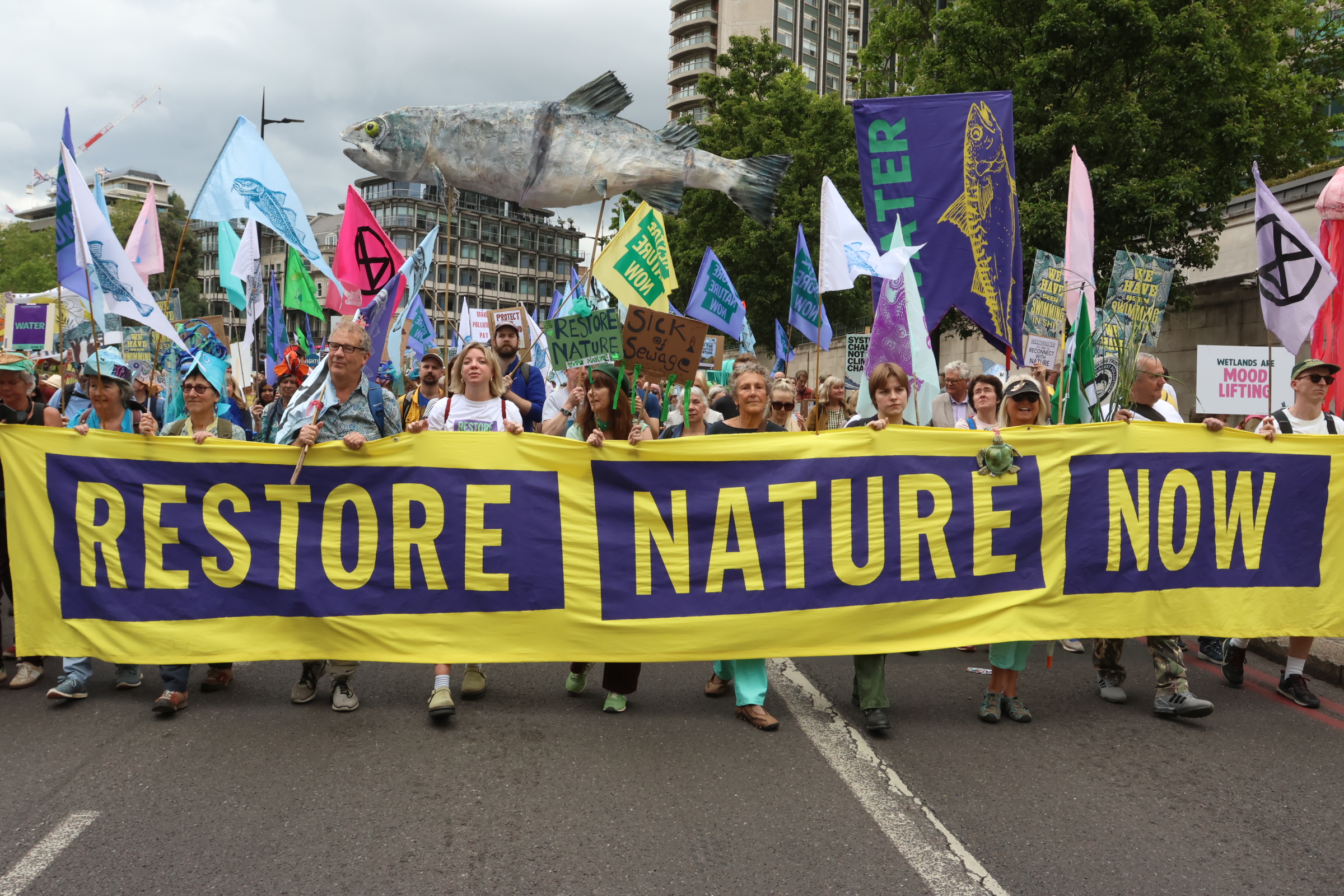
…and these…
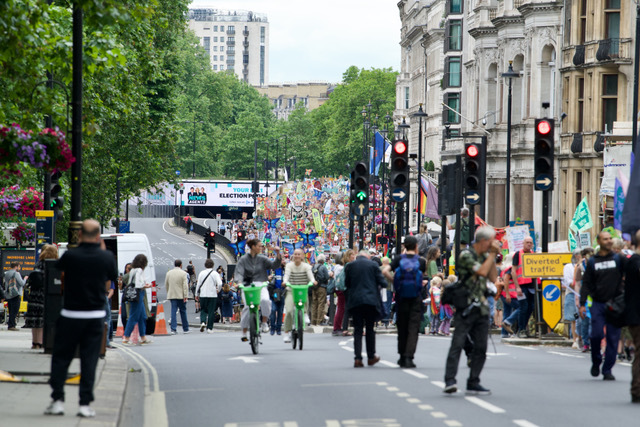
… and these …
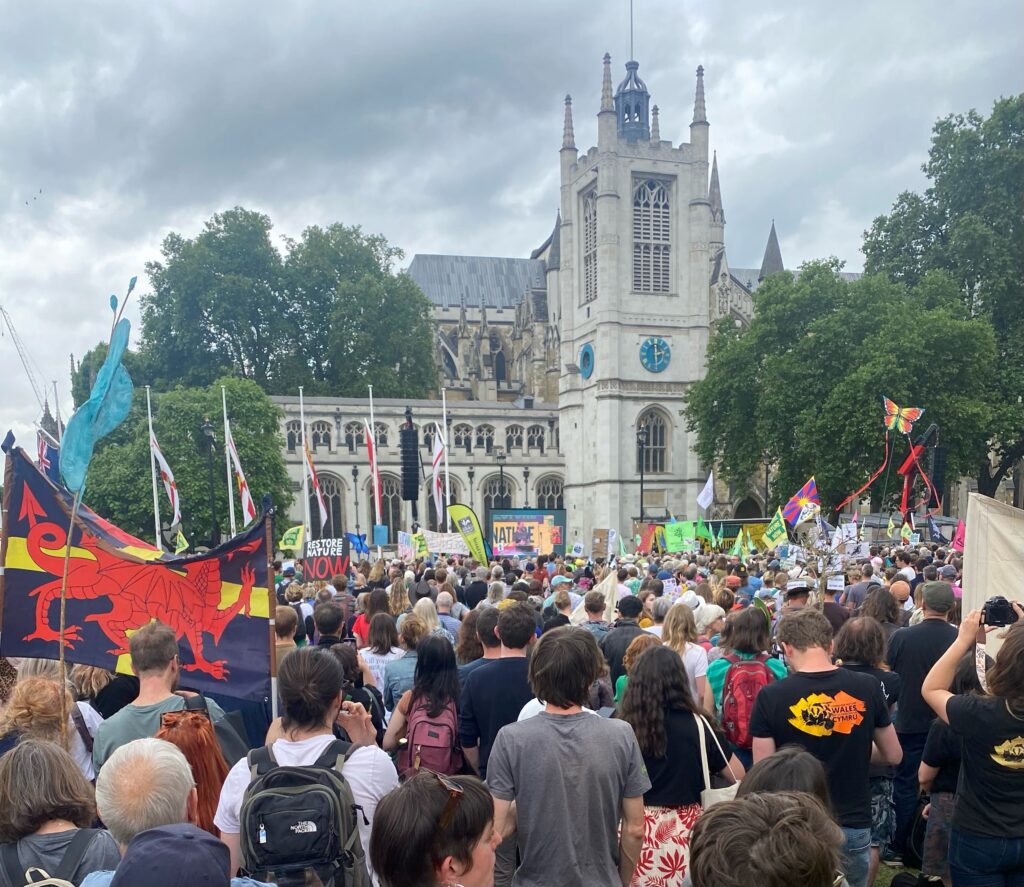
… are looking for better from Labour. I am too, and I am hopeful we will get better starting next Friday.
Wild Justice, of which I am a co-founder and co-director, has brought together a range of reviews of the party election manifestos’ environmental policies – click here – and 13 of those reviews are of Labour. Caroline Lucas, perhaps unsurprisingly, give Labour a panning – click here – but she will be speaking for many environmentalists when she does so. My own analysis – click here – is that I will vote Labour despite the environmental aspects of the manifesto rather than because of them. Guy Shrubsole, a very respected campaigner, author and analyst, – click here, is a bit kinder to Labour because he puts rather more store in your policy document – click here – than I do. There’s a reason that very little is in the manifesto and it can’t be because Labour is committed to doing all these things!
Obviously, compared with the Conservatives and Reform, Labour is way out ahead, but that’s not saying much. There are alternative left of centre parties though, the various green parties across the UK and the neglected Workers Party (George Galloway’s lot) as well as the very centrist LibDems and SNP. Labour has positioned itself as the ‘not too good, not too bad’ party on the environment – a masterful strategy for alienating many people a bit, but maybe not so much that they vote for someone else.
Perhaps surprisingly, I am easily surprised, one of the most upbeat views of where Labour is, comes from Ben Goldsmith – click here – not perhaps a natural ally but one who is passionate and knowledgeable about these issues.
Anyway, I suspect you are too busy to read this blog, or the reviews of the manifestos – fair enough, this close to the general election – but thousands of people will be reading them all and forming their views.
I need to deliver some more Labour leaflets later this morning but I have a moth trap to examine before then. I’ll be back a couple of times before Thursday. Good luck on the campaign trail!
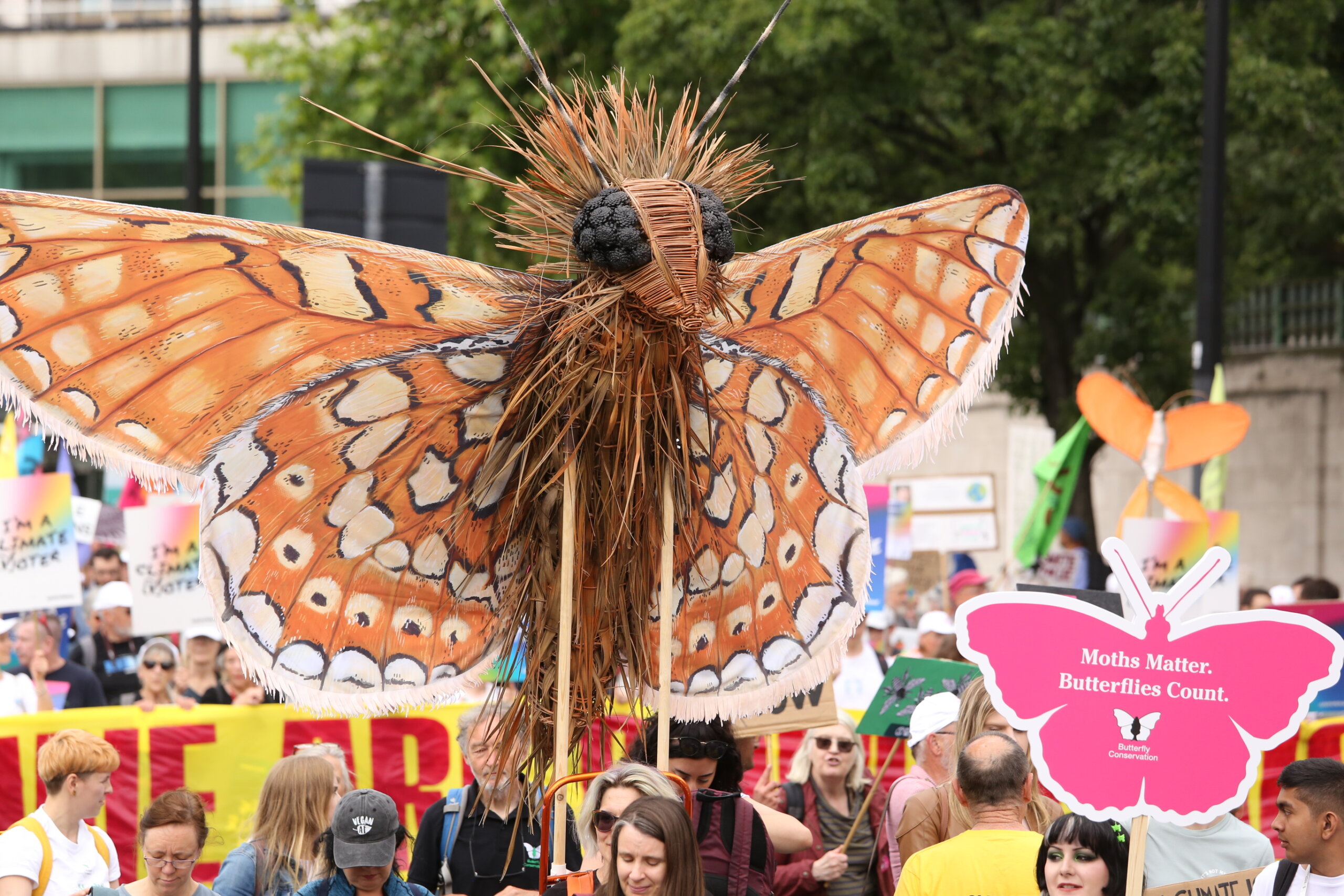
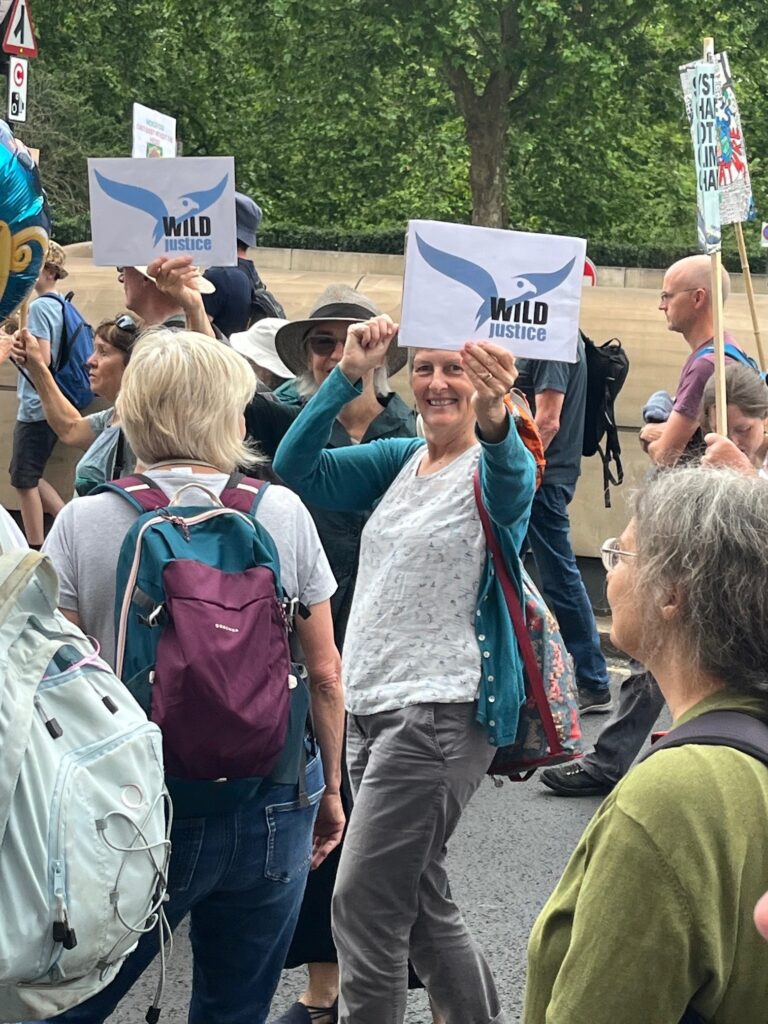
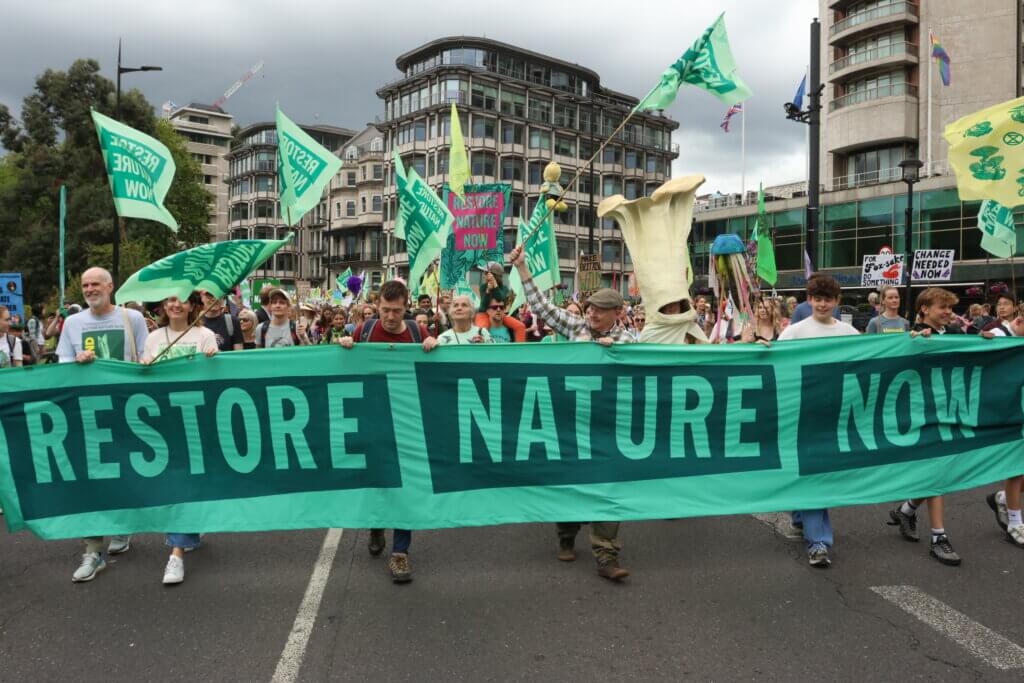
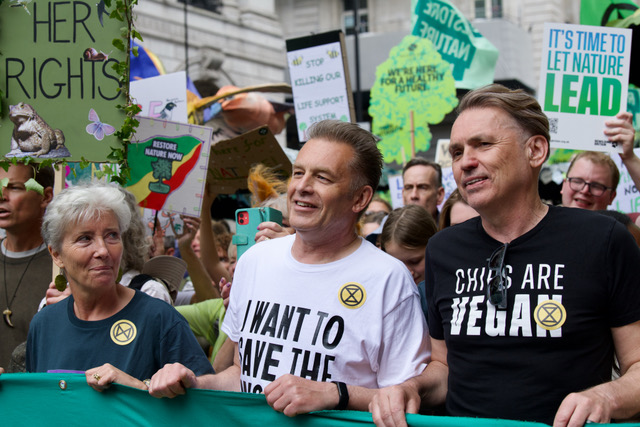
One thing, perhaps, that we can hope to see is Natural England (and its analogues in the devolved nations) regaining some independence and willingness to stand up for nature. Signals from Rachel Reeves are that money is not going to be flung around so it is probably too much to expect that NE’s resources will be significantly increased but it would be good to see it being less of a facilitator of commercial activity in the countryside and more of a protector of wildlife.